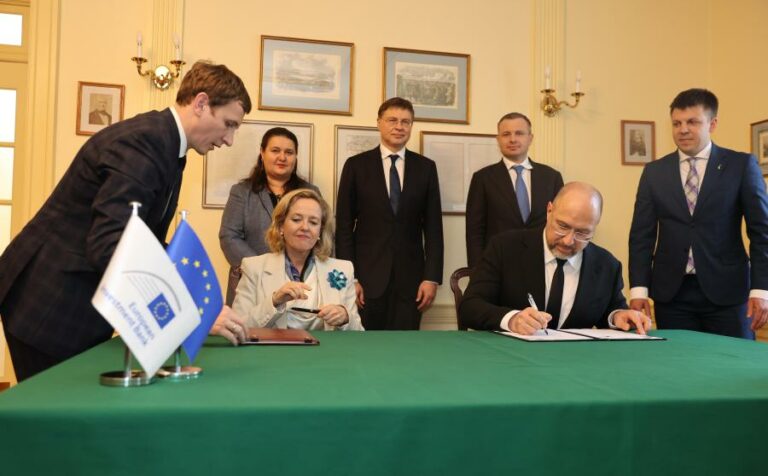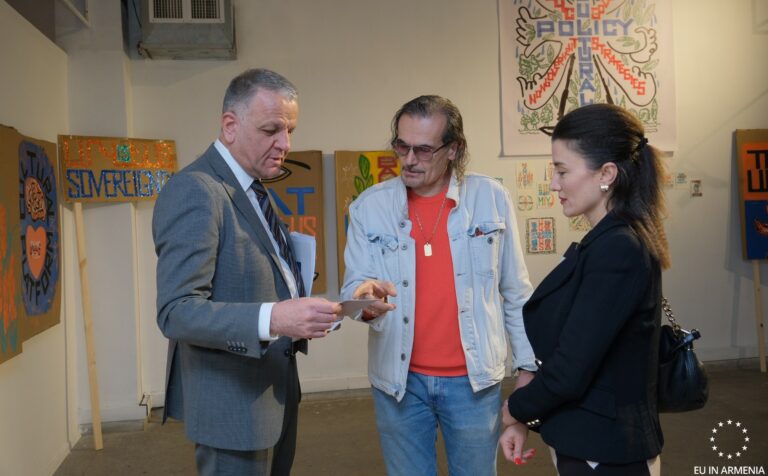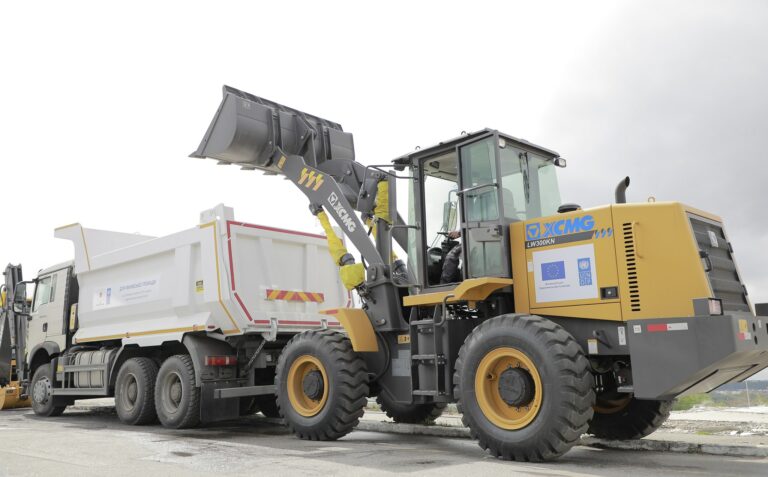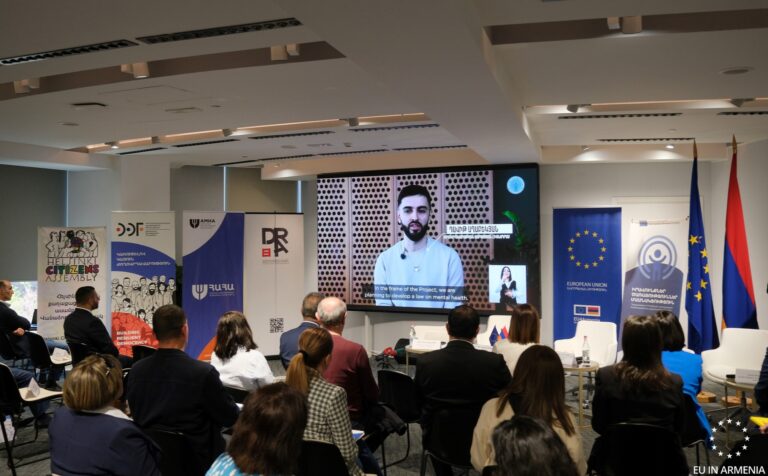
Over 3.4 million students and teachers from 84 countries, including from Eastern partnership, joined EU Code Week in 2020
Over 3.4 million students and teachers from 84 countries, including teams from all six Eastern Partner countries, joined the EU Code Week initiative and took part in more than 72,000 coding activities, the organisers of the event reported last week.
EU Code Week is a grassroots movement run by volunteers (Code Week ambassadors, leading teachers and other coding enthusiasts around the world) and financed by the European Commission as part of its Digital Single Market strategy and through the Digital Education Action Plan.
In 2020, EU Code Week moved to a new hybrid model and introduced virtual events to facilitate the online participation of schools across Europe and beyond. The measures included a calendar of online featured events, a digital treasure hunt and a virtual kick-off event.
According to EU Code Week organisers, 55% of activities were focused on playful coding and 20% on basic programming concepts. But an increasing number focused on more advanced STEM activities such as robotics, game design or data manipulation. 20% of activities were “unplugged” meaning they did not use any technology. The average participant was 10 years old and 41% of participants were girls and 59% were boys.
All six Eastern Partner countries took part, with Azerbaijan leading the way in the region with 230 activities. It was followed by Ukraine (186 activities), Moldova (59 activities), Georgia (48 activities), Armenia (34 activities), and Belarus (1 activity).
Last year, Code Week introduced even more online resources to help educators teach coding in school. The new training materials include an introduction to Artificial Intelligence for schools, Coding for sustainability goals, a series of webinars, and a collection of virtual workshops, called Coding@Home. Additionally, 4,000 teachers worldwide took part in two massive open online courses (MOOCs). Topics included coding, computational thinking, visual programming, robotics, and app development. A new three-module MOOC ‘AI Basics for Schools’ is about to start on 8 March 2021.
The next edition of EU Code Week will take place from 9 to 24 October 2021.
Find out more
MOST READ
SEE ALSO

EIB and Ukraine Government to accelerate deployment of financial support and project execution on the ground

EU allocates extra €10 million to support researchers from Ukraine under Horizon Europe

EU-Armenia Roadmap to open new opportunities in international cultural relations and diplomacy

EU, UNDP and Japan donate equipment for debris and municipal waste management in Ukraine

EU launches initiative to support mental health in Armenia
More campaign pages:
Interested in the latest news and opportunities?
This website is managed by the EU-funded Regional Communication Programme for the Eastern Neighbourhood ('EU NEIGHBOURS east’), which complements and supports the communication of the Delegations of the European Union in the Eastern partner countries, and works under the guidance of the European Commission’s Directorate-General for Neighbourhood Policy and Enlargement Negotiations, and the European External Action Service. EU NEIGHBOURS east is implemented by a GOPA PACE-led consortium. It is part of the larger Neighbourhood Communication Programme (2020-2024) for the EU's Eastern and Southern Neighbourhood, which also includes 'EU NEIGHBOURS south’ project that runs the EU Neighbours portal.

The information on this site is subject to a Disclaimer and Protection of personal data. © European Union,







